Filter by
News blog (99)
RSS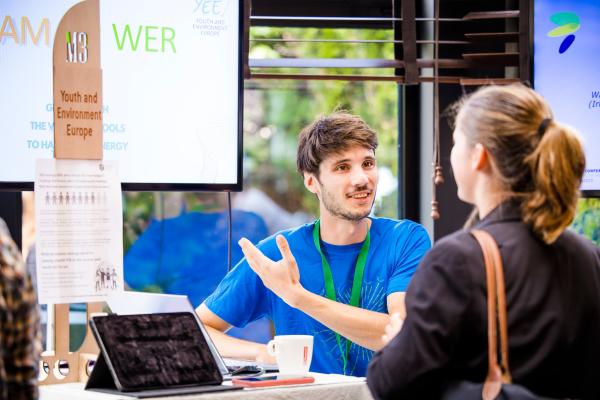
Open to all onsite attendees at EUSEW 2024, the Energy Fair offers a chance to engage with key stakeholders advocating for energy efficiency and renewable sources. Attendees will discover effective policies, gain insights, and foster innovation aimed at achieving the EU’s energy objectives.

By Essam Elnagar and Mariangiola Fabbri. Understanding how innovative technologies can drive sustainability, focusing on the pivotal role of resilient cooling systems in shaping a green future.
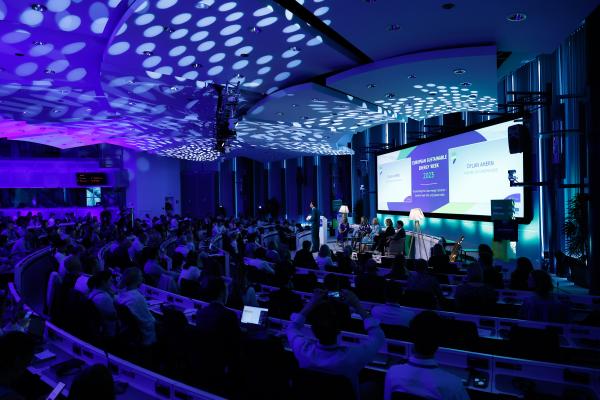
Cast your vote in each category and help recognise the projects and individuals driving Europe’s energy transition.

Putting people first: renovate to future proof Europe’s schools By Afroditi Psatha. Renovating schools for energy efficiency is an opportunity to create a safe and healthy environment for our children.
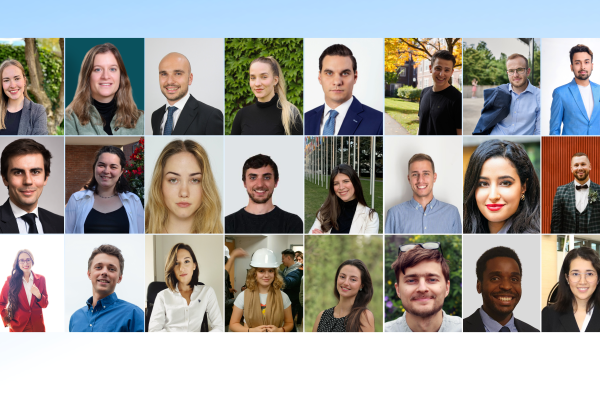
A new generation of young professionals in the energy sector is paving the way for a more sustainable future.

By Arianna Vitali Roscini. Updating the National Energy and Climate Plans to prioritise efficiency measures and address energy poverty is crucial for implementing the Energy Efficiency Directive effectively.
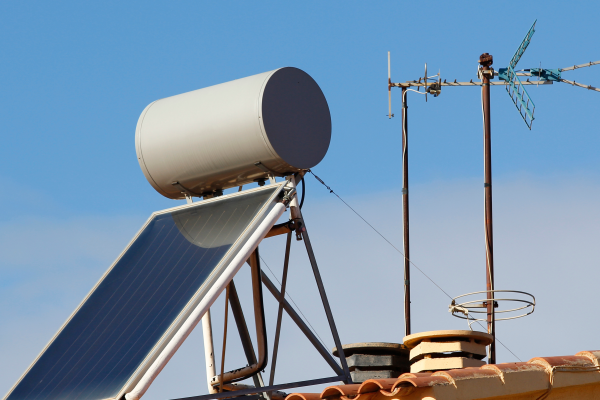
By Allison Le Corre. How can cities lead the charge in phasing out fossil fuels by transforming heating systems under the Green Deal?
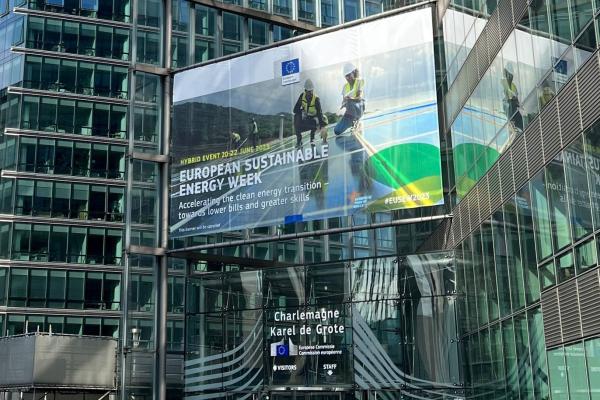
The European Sustainable Energy Week takes place on 11-13 June in Brussels and online.

By Malte Lohan. How can Europe maintain its businesses’ competitive edge on the global stage while championing environmental sustainability?

By Nevin Alija and Lea Tatry. In a transforming global economy, the energy sector faces challenges and opportunities – from energy security risks to a clean energy shift, reshaping jobs and skills. Yet, with an aging workforce, attracting young talent is vital.
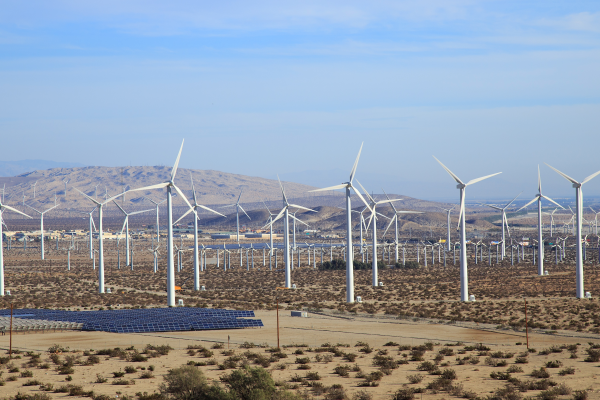
By Dimitris Symeonidis. Over 9,000 EU communities are leading the charge towards a sustainable future, showcasing the power of decentralised energy. Despite progress, challenges like heating, cooling, and agroforestry remain on the path to net-zero.

By Mohamed Ridouani. Municipalities are key in advancing the EU’s climate and energy targets. For this ambition to materialise, sufficient resources must be allocated towards collective and inclusive actions.
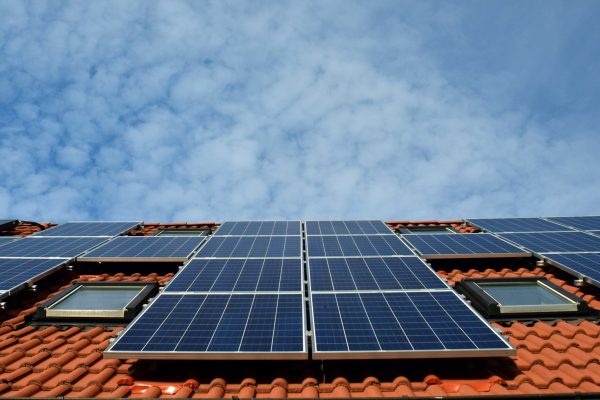
By Dirk Vansintjan, Stavroula Pappa, and Felix Kriedemann. Despite varying responses from Member States, the EU continues to advance important legislation recognising energy communities’ roles in the clean energy transition.
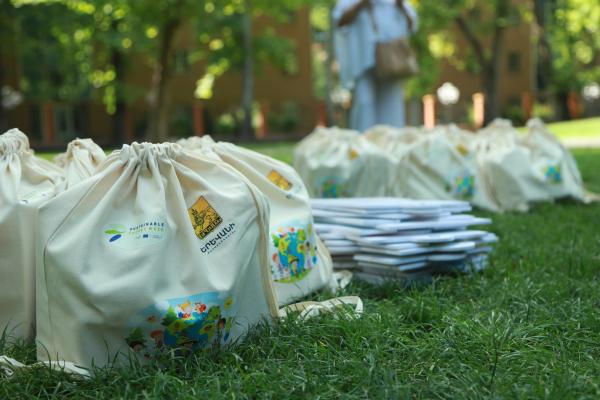
Explore some highlights from last year's Sustainable Energy Days for fresh inspiration in organising impactful events
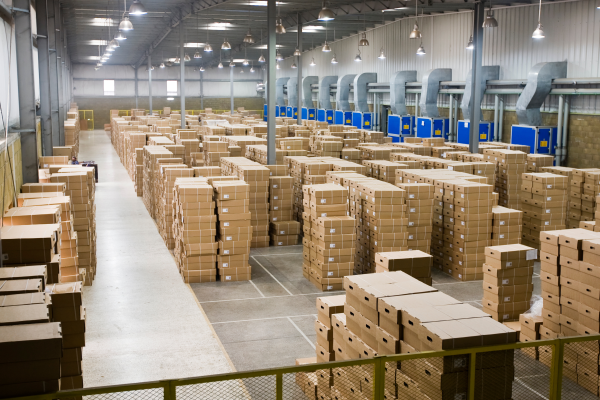
By Dusan Jakovljevic. Over the past decade, EEIP has spearheaded efforts to enhance energy efficiency in European industry, facing the challenge of fostering a market for energy efficiency through EU-funded projects.

By Davide Sabbadin and Alberto Vela. What strategies can Europe employ to further reduce carbon emissions through energy conservation, and how critical are effective planning and strong policies in this effort?

By Alba Forns Albuixech and Kristina Lyubomirova Lazarova. Although climate finance has seen steady growth, achieving the objectives of the Paris Agreement remains a challenge. What progress have we made, and what obstacles still stand in our way?
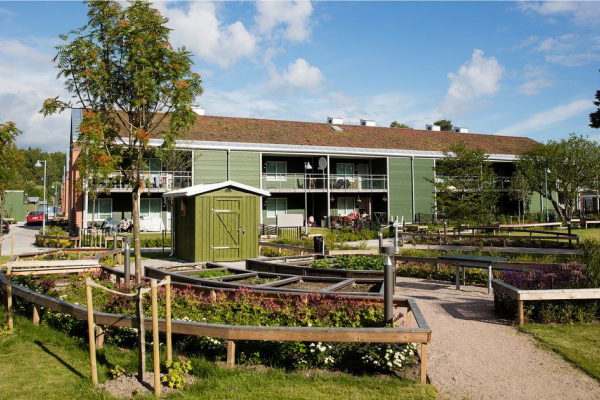
By Sorcha Edwards. The European Affordable Housing Consortium, SHAPE-EU, led by Housing Europe, is dedicated to fast-tracking the energy transition in the sector. Through innovative projects and tools, it advocates for a socially inclusive Renovation Wave alongside the New European Bauhaus.
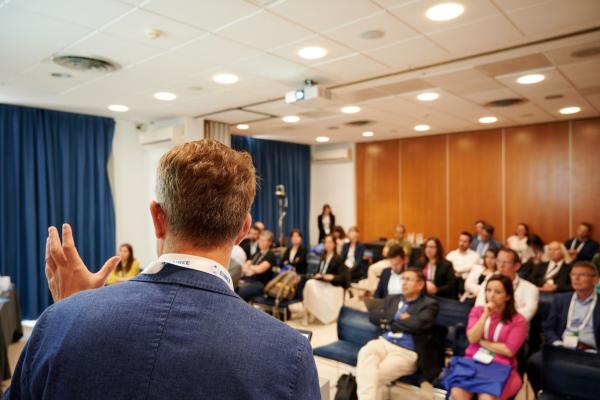
Join EUSEW’s Sustainable Energy Days, the initiative uniting individuals passionate about a clean energy future around the world.
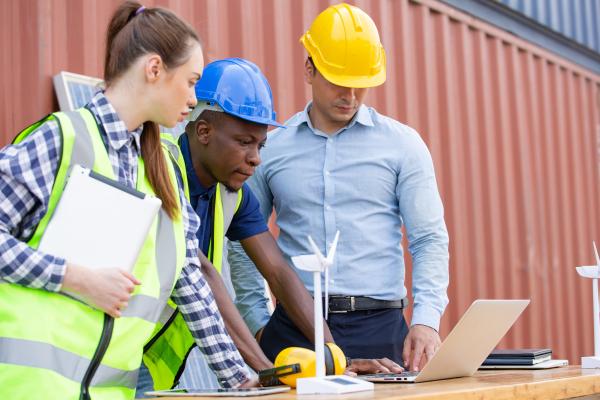
By Marine Cornelis. Diversity, equity and inclusion (DEI) still represent an untapped potential. Why are those notions essential to a just energy transition? How can organisations promote these values to innovate and prosper?
